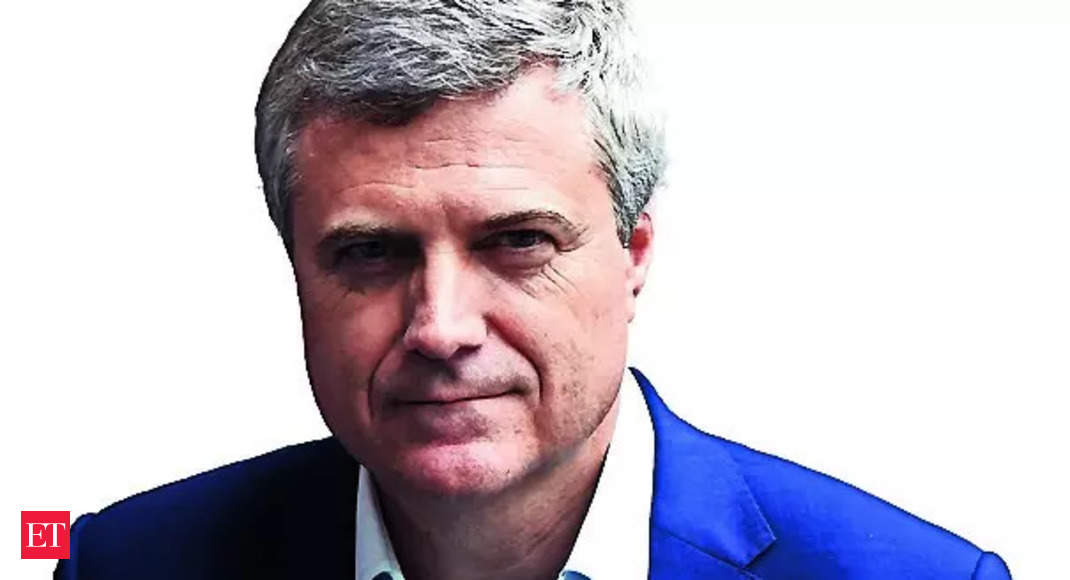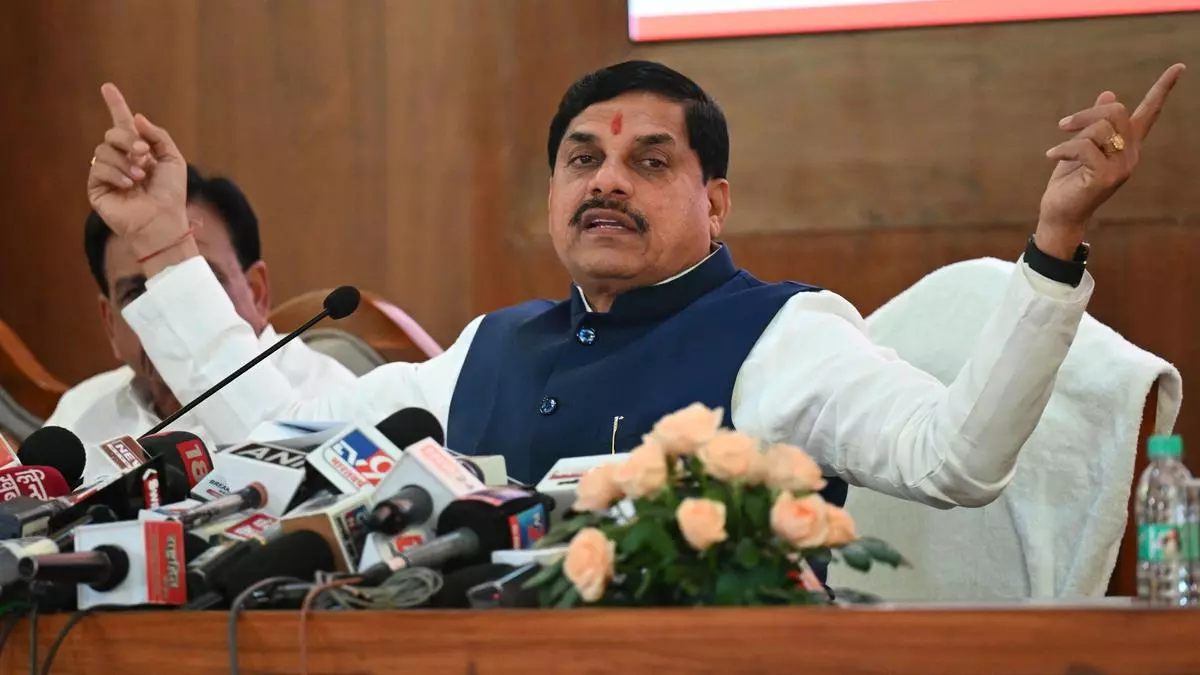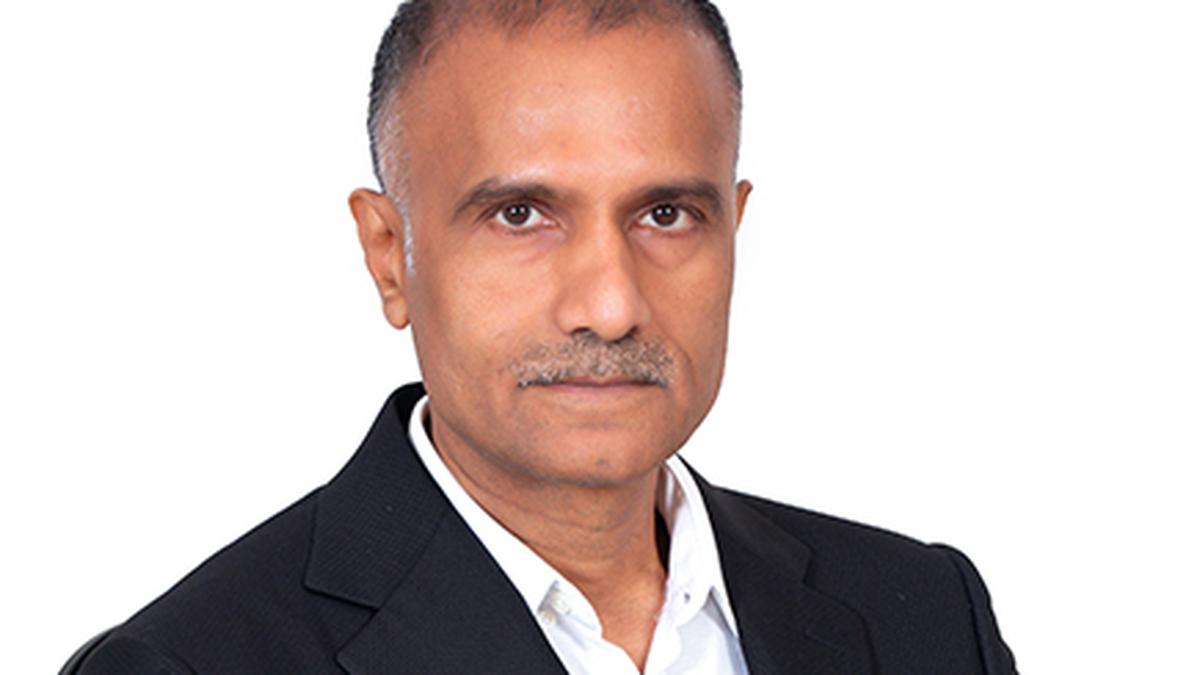WPP, the world’s largest advertising holding company, has revealed its ambitious plans to double its revenue in India and significantly increase its headcount in the country over the next five years. With India currently being the fastest-growing and fifth-largest market for WPP, the company aims to make it one of its top three markets globally.
CEO Mark Read stated that he has an ambition to double the size of WPP’s Indian business within the next five years, which will elevate it to a top three market for the company. Currently, India contributes close to 4-5% of WPP’s global business.
Read highlighted the incredible growth potential of India, affirming that it has been the fastest-growing market for WPP over the past decade, and he believes this growth trajectory will continue in the coming years. To support this growth, WPP plans to double its headcount in India, adding 7,000 to 8,000 new employees within the next five years.
According to Read, the rapid growth of the Indian economy, along with the increasing pace of digitization and the proliferation of new media channels, will be key drivers of WPP’s growth in India. He pointed out that the Indian advertising market is projected to grow at a rate of 12% in the second half of 2023, which is double the global growth rate.
Furthermore, Read expressed his confidence in the benefits that artificial intelligence (AI) will bring to the advertising sector. He stated that AI is the number one priority for him in terms of long-term technology investment, countering the commonly held belief that AI will result in job losses. Instead, Read believes that AI will create new jobs and transform the nature of existing roles. He stated that WPP’s task as a company is to position itself to create those jobs and embrace the changes brought by AI.
Read emphasized that while AI will disrupt the advertising business, it will also enable agencies to develop new capabilities. AI will allow agencies to deliver more relevant and personalized creative messages to audiences. However, Read clarified that AI will not eliminate the need for human creativity and judgment in the advertising industry.
The WPP CEO also acknowledged the impact of the entry of newer players like Netflix and Uber in the advertising business, leading to the fragmentation of the media space globally. He noted that this fragmentation has made media planning more challenging but also highlighted that it has increased the importance of agencies as partners to clients.
In line with its history of making numerous acquisitions in the advertising industry, WPP plans to continue expanding through both organic and inorganic growth. The company aims to focus its acquisitions on major markets, including India, and explore opportunities in e-commerce, influencer marketing, AI, data, and analytics.
In conclusion, WPP’s ambitious plans to double its revenue and increase its headcount in India demonstrate the company’s confidence in the country’s potential for growth and its strategic importance on a global scale. By leveraging the expanding Indian economy, rapid digitization, and AI, WPP aims to solidify its position as a leading player in the Indian advertising market.










